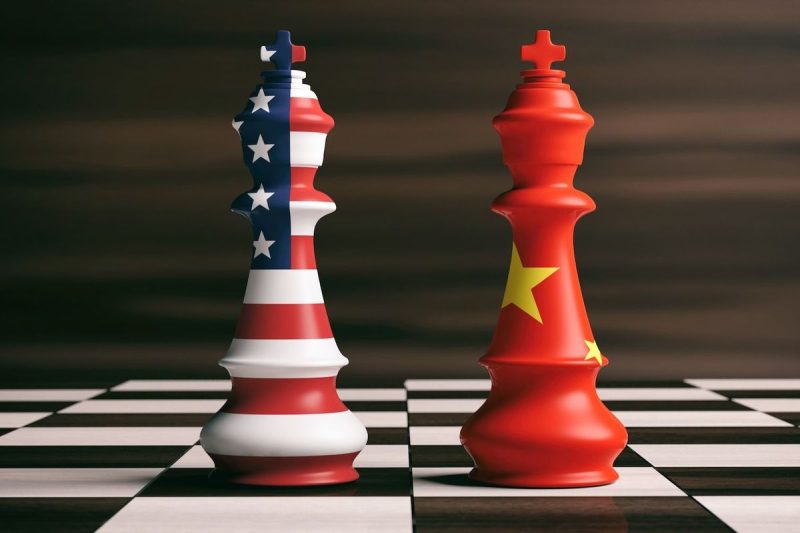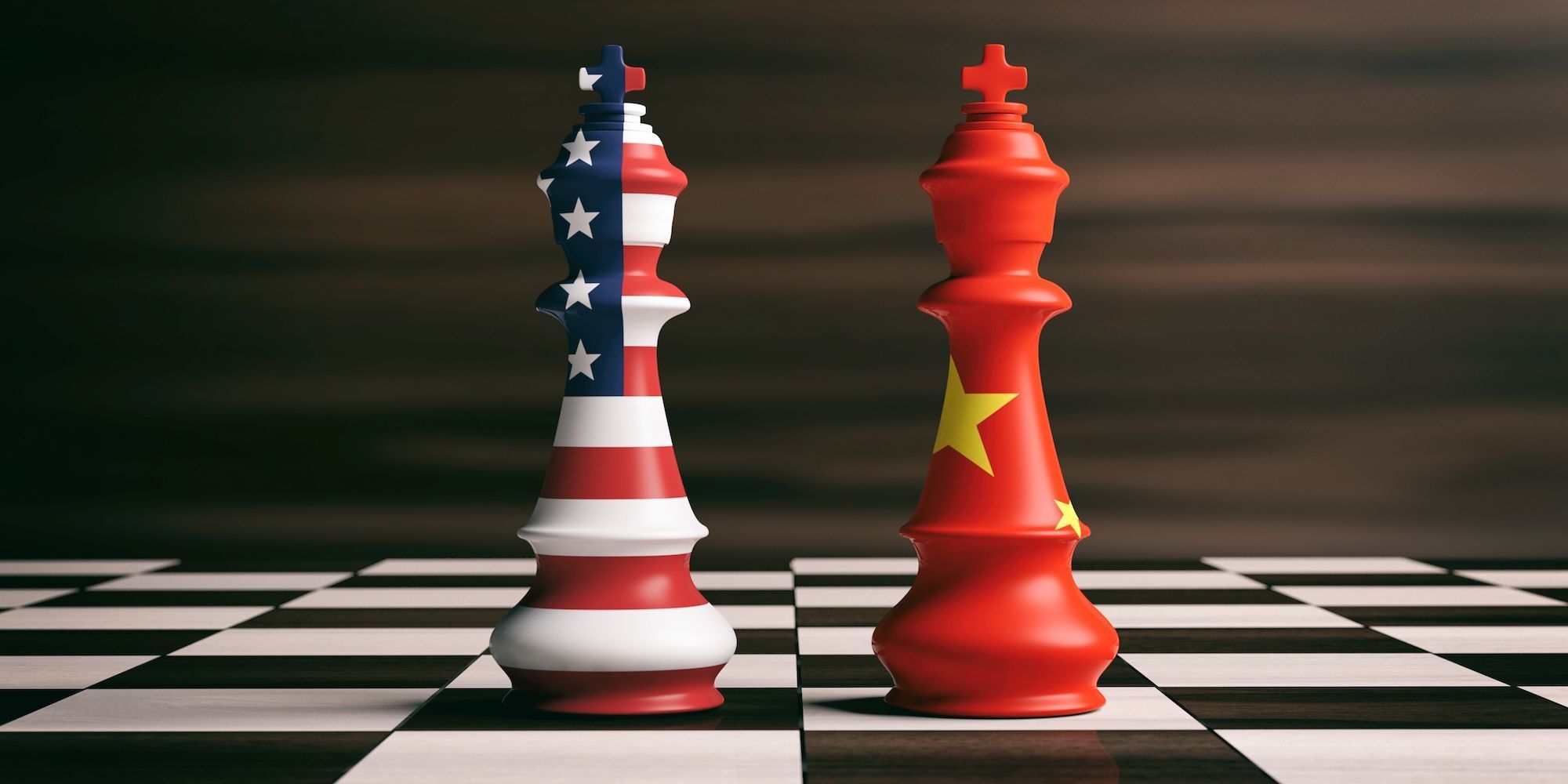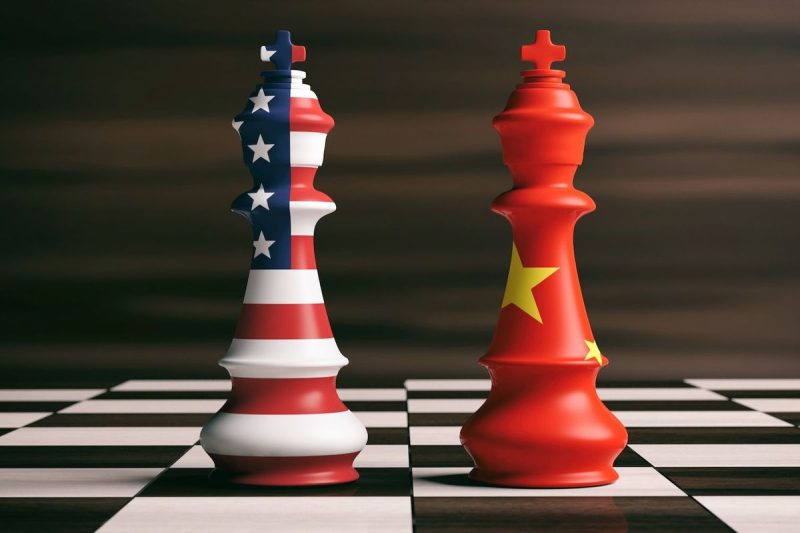

China has accused the US of “seriously distorting and exaggerating” Beijing’s newly expanded rare earths export controls, but signaled a willingness to hold talks before an expected meeting between US President Donald Trump and Chinese President Xi Jinping later this month.
“The US interpretation seriously distorts and exaggerates China’s measures, deliberately creating unnecessary misunderstanding and panic,” Ministry of Commerce spokesperson He Yongqian said Thursday (October 16).
According to the Global Times, he emphasized that Beijing’s restrictions are intended to protect national security and prevent the misuse of rare earths in military applications, not to destabilize global markets.
The remarks follow a sharp escalation in rhetoric between the two countries after China expanded its export controls last week to include five additional rare earth elements: holmium, erbium, thulium, europium and ytterbium.
The new rules will take effect in stages starting November 8, coinciding with the expiry of a six month trade truce between Washington and Beijing. Foreign companies that use Chinese materials or equipment to produce rare earths products will require Chinese export licenses, even if no Chinese firm is directly involved in the transaction.
Beijing has also vowed stricter scrutiny of applications tied to advanced semiconductors and defense systems, such as 14 nanometer chips and artificial intelligence used in weapons platforms.
Washington pushes back against Beijing
Top US officials have accused Beijing of attempting to weaponize its dominance in the global rare earths supply chain, which accounts for about 70 percent of global production and more than 90 percent of processing capacity.
At a press briefing on Wednesday (October 15), US Trade Representative Jamieson Greer called China’s new measures a “global supply chain power grab” and warned that Washington and its allies “would not accept the restrictions.”
However, he also said China has not yet implemented the full regulatory system and suggested there is still room to de-escalate. “These are drafted, or in draft, so it’s quite real,” Greer said.
“But our expectation is that they won’t implement this, and that we’ll be able to be back to where we were a week ago, where we had the tariff levels we’ve agreed to and the flow of rare earths that we agreed to.”
Secretary of the Treasury Scott Bessent echoed the sentiment, telling CNBC that the Trump administration does not want to further inflame tensions, but will act decisively if Beijing moves forward with its restrictions.
“When we get an announcement like this week with China on the rare earths, you realize we have to be self-sufficient, or we have to be sufficient with our allies,” Bessent said.
He also accused China of using its dominance in rare earths refining and processing to slash prices and drive foreign competitors out of the market. Trump has threatened to impose 100 percent tariffs on Chinese goods starting on November 1 — or sooner — if Beijing moves ahead with the export controls.
Despite the mounting friction, both sides remain committed to a scheduled meeting between Trump and Xi in South Korea later this month, highlighting the indispensable nature of rare earths to modern industry.
They are used in electric vehicles, wind turbines, smartphones and, crucially, in US military systems such as F-35 fighter jets, Tomahawk missiles and Predator drones. Each F-35 is estimated to require more than 400 kilograms of rare earths for its stealth coatings, motors and radar systems.
US eyes new critical minerals sources
In response to China’s dominance, Washington has ramped up efforts to secure alternative sources of critical minerals.
The Department of Defense earlier this year struck a deal with MP Materials (NYSE:MP), the largest US rare earths producer. It includes an equity stake, a price floor and an offtake deal to guarantee supply for defense applications.
Separately, the Trump administration is reportedly exploring a potential investment in Critical Metals (NASDAQ:CRML), a US-listed firm developing Greenland’s vast Tanbreez rare earths deposit.
Securities Disclosure: I, Giann Liguid, hold no direct investment interest in any company mentioned in this article.

